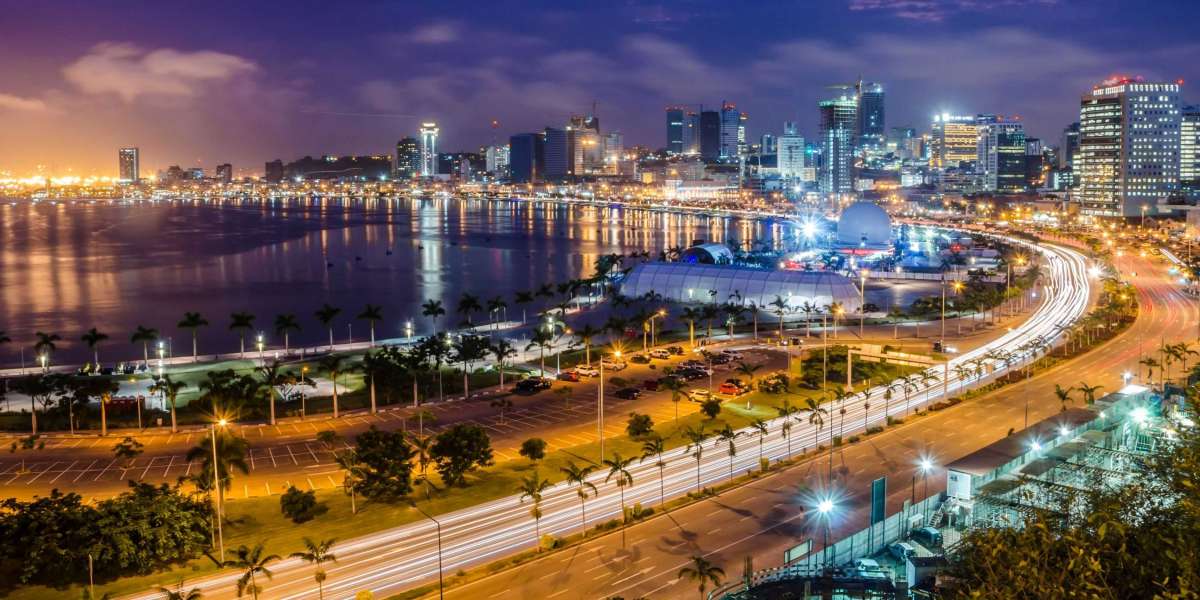The state has gained its independence from Portugal in 1975 and now it is officially called the Republic of Angola. After years of colonial exploitation and the civil war, the country is gradually developing, attempting to stabilize the situation in social, political, and economic spheres. Therefore, the living conditions in Angola are shaped by the government, economic sector, gender roles, educational and professional opportunities, and the head of the country who execute all the powers in the state.
Speaking of Angola's type of government, the state is a presidential republic. Thus, the president is not only the head of the country, but he is also in charge of government management. In this respect, the government that is under the control of the president realizes executive power. The head of the country, the government and parliament possess legislative power. The Constitution is the principal law of the country. The Constitution was been amended in the years following the Angola’s acquisition of independence. Although the Constitution of Angola limits the presidential ruling to two five-year terms, it also assigns all executive authority to the governor (Hanson). Thereby, the president of the country possess all the powers in the state governing all the spheres of life of the populace.
Furthermore, socio-economic conditions of Angola have been shaped by the sharp and long-lasting decline because of the state's attempts to re-balance the global oil market. Nowadays, the government has taken measures to stabilize situation in the country. To be precise, the government has reduced the expenditures and increased country’s non-oil income. Nevertheless, Angola's economy continues to depend on oil revenues. Instead of developing the agricultural sector and other non-oil segments, the government is mainly concentrated on the oil sphere (Hanson). Among other challenges facing Angola's economy, investments in health and education remain the principal question for the government. Indeed, investments in Angola's economy are needed in order to lessen the dependence on oil. While country's economy is extremely dependent on the international oil market, no new workplaces or further income distribution can happen. Thus, without the development of the economic realm there will be no improvement in social conditions of life of the people.
Living conditions in Angola are also shaped by gender roles. To be precise, the war has made great impact on the life of men and women. Because of the armed conflict, people began to move to the cities as well as settle in new areas (Nzatuzola 106). In this respect, many practical problems arose – basic infrastructure, equipment for schools and hospitals, and threat of landmines. Moreover, the position of Angolan women is very miserable – they suffer from poverty, violence, and poor educational opportunities. Indeed, women can be regarded the principal victims of the war. Although the constitutional law of the country enshrines both men and women with equal rights, the role of women in politics and in economic sphere is insignificant (Nzatuzola 107). Therefore, the war greatly shaped the life of men and women in Angola.
While Angola's economics gradually develops, it requires well-educated human resources. In this respect, educational opportunities of Angolan people grow. However, schools, as well as teachers, suffer from the lack of appropriate equipment. The government of the country attempts to solve this problem by establishing new schools and training teachers. At the same time, there is a serious gap between young Angolan male and female educational opportunities. For instance, there is an obvious gap between girls and boys' literacy. Thus, around 80% of young men can read and write. The percentage of Angolan girls who can also read and write is much smaller – only 65% (Hanson). In addition, the quality of educational institutions in Angola is well below the generally expected standards. As a result, adult illiteracy remains a crucial problem that significantly affects the living conditions in the country.
In Angola, women and men have equal rights with respect to employment and professional choice. However, in traditional rural society, there is a strict division between Angolan men and women (Nzatuzola 109). While women are responsible for the household and most aspects of daily family life, men are required to earn a living. In the urban areas, women are granted with better professional opportunities, but they still remain disadvantaged compared to men. Thus, women are engaged in low-skill jobs whereas “men occupy 66 percent of professional psychology essay posts and 725 of the senior professional posts” (Nzatuzola 110). Hence, the career opportunities of Angolan men and women are not equal.
In addition, the role of the government in economic sector is substantive. The power in the country is centered in the president’s hands; he assigns and removes ministers from their positions. Although the government has made some efforts to stabilize economics since the end of the civil war in 2002, these measures have not liberated the country from corruption (Hanson). Some experts claim that, “The Angolan government’s response to allegations of corruption – a combination of candor, denials, and evasion – is not always helpful and increases the skepticism with which many view Angola’s current efforts” (Hanson). Therefore, the engagement of the government in the economic sector slows down the development of the country.
Angola is a promising and wealthy country whose development is impeded by the consequences of the war and corruption. Living conditions of the people are greatly influenced by the authority of the president, government, and socio-economic environment. The armed conflict has adversely influenced the quality of life in the state. In addition, educational and professional opportunities of Angolan populace are also impacted by the gender roles, which puts men in a privileged position. Thus, Angola is a developing country the future of which mainly depends on the intelligent management of the official authorities.








